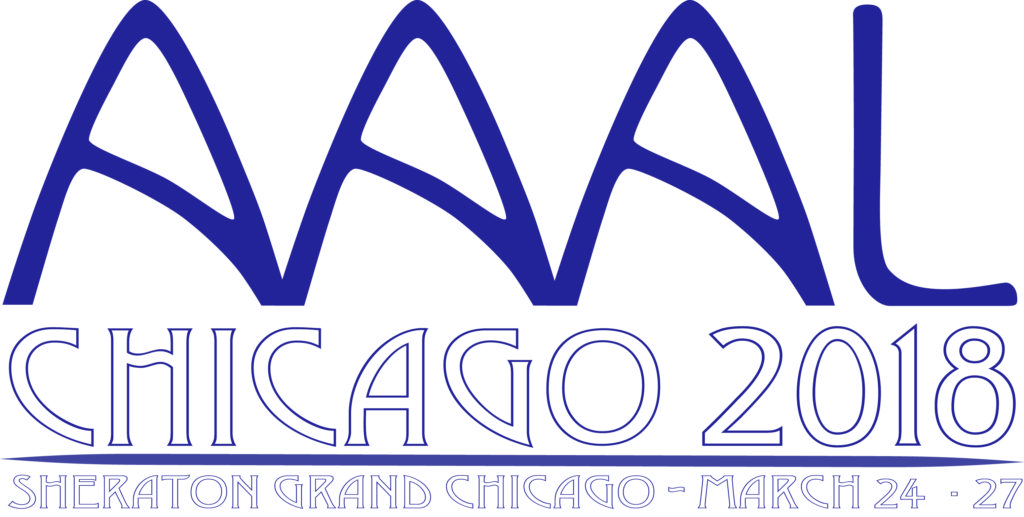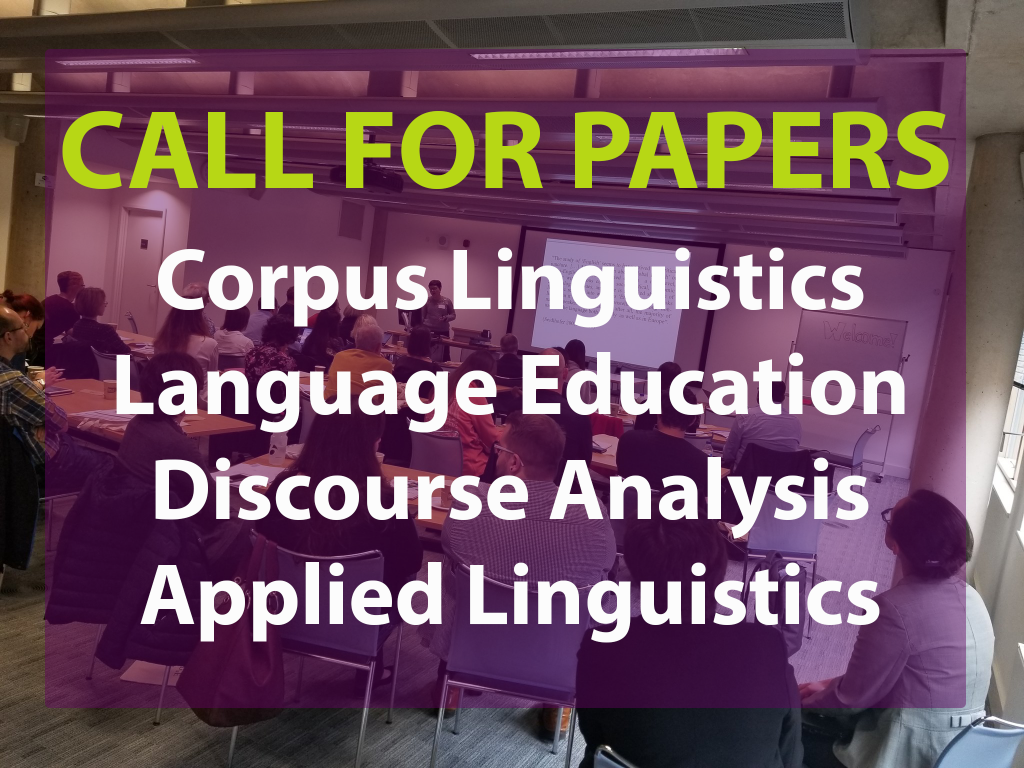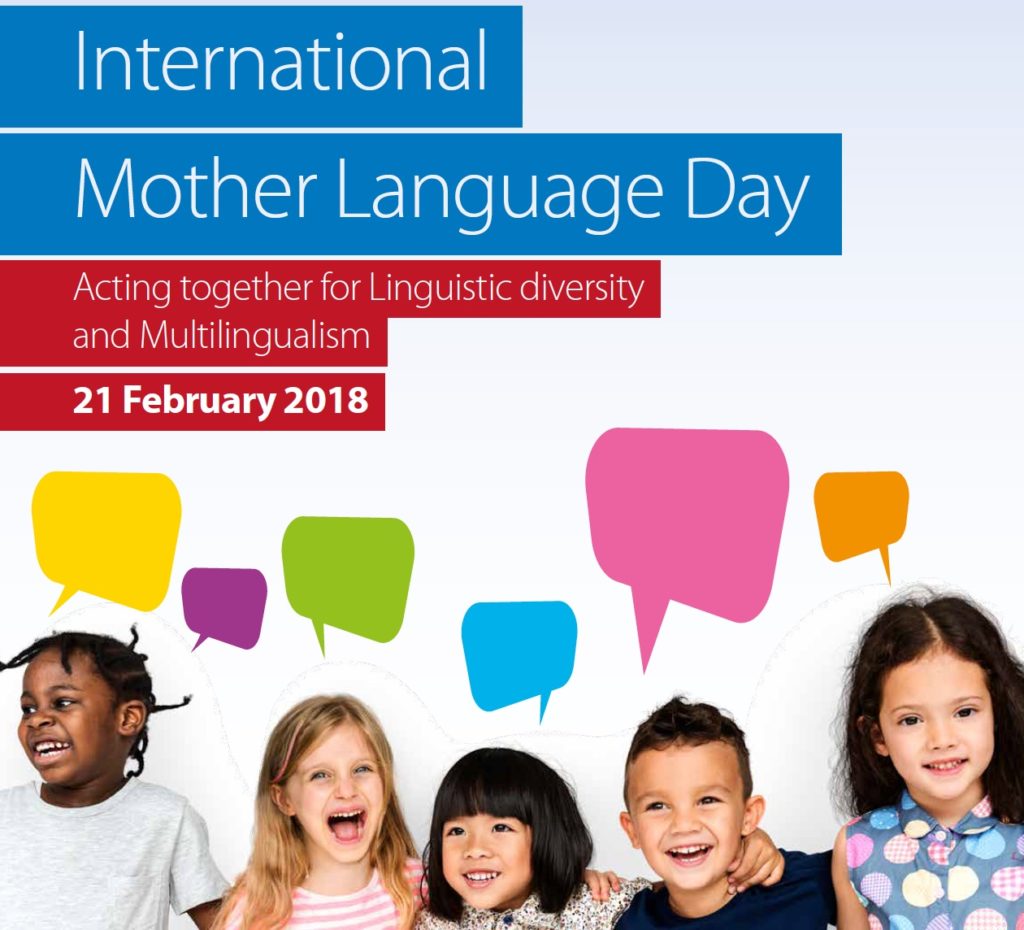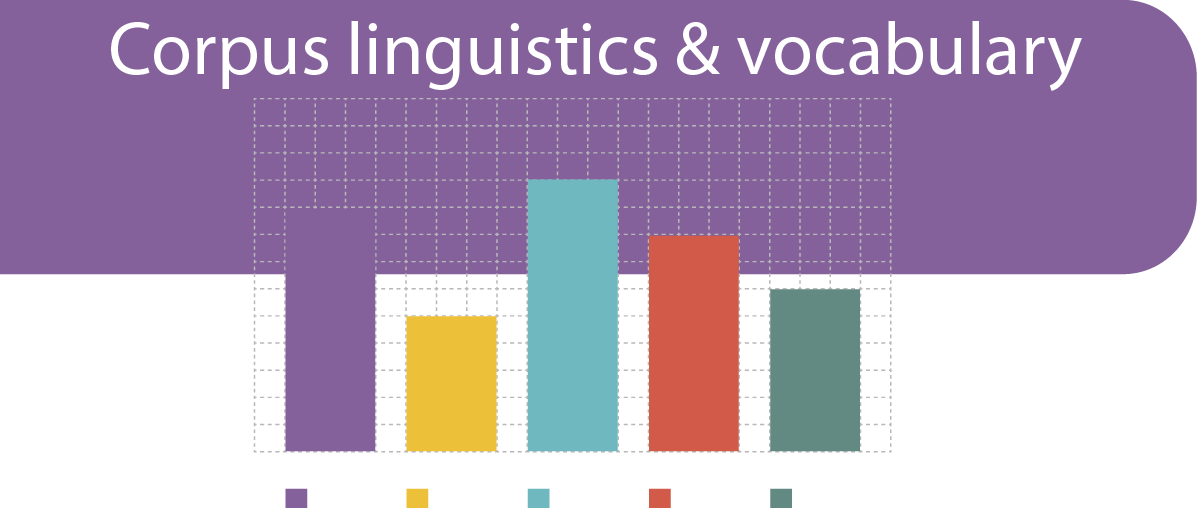The English Grammar Profile: investigating patterns of learner grammar development
Anne O´Keeffe, Mary Immaculate College, University of Limerick –
Geraldine Mark, Mary Immaculate College, University of Limerick –
Pascual Pérez-Paredes, University of Cambridge
Check out our handout here.
Weblinks
The CEFR: http://www.cambridgeenglish.org/exams-and-tests/cefr/
The English Grammar Profile: http://www.englishprofile.org/english-grammar-profile/egp-online
Cambridge Learner Corpus: https://www.sketchengine.co.uk/cambridge-learner-corpus/
Sketch Engine universal POS tags https://www.sketchengine.co.uk/universal-pos-tags/
References
Ellis, N. C. (2003). ‘Constructions, chunking, and connectionism: The emergence of second language structure’. In C. Doughty & M. H. Long (Eds.), Handbook of Second Language Acquisition (pp. 33–68). Oxford, UK: Blackwell.
Ellis, N. C. (2012). “Formulaic language and second language acquisition: Zipf and the phrasal teddy bear”. Annual Review of Applied Linguistics, 32, 17-44.
Simpson-Vlach, R., & Ellis, N. C. (2010). An Academic Formulas List (AFL). Applied Linguistics, 31, 487–512.
Ellis, N. C., Römer, U. & O’Donnell, M. B. (2016). Usage-based Approaches to Language Acquisition and Processing: Cognitive and Corpus Investigations of Construction Grammar. Language Learning Monograph Series. Wiley-Blackwell.
Larsen-Freeman, D. (2006). “The emergence of complexity, fluency, and accuracy in the oral and written production of five Chinese learners of English”. Applied Linguistics, 27(4), 590–619.
Milton, J., & Meara, P. (1995). “How periods abroad affect vocabulary growth in a foreign language”. ITL Review of Applied Linguistics, (107–08), 17–34.
O’Keeffe, A., & Mark, G. (2017). “The English Grammar Profile of learner competence: Methodology and key findings”. International Journal of Corpus Linguistics, 22(4), 457-489. https://benjamins.com/#catalog/journals/ijcl.14086.oke/fulltext
Römer, U., O’Donnell, M. B., & Ellis, N. C. (2014). “Second language learner knowledge of verb–argument constructions: Effects of language transfer and typology”. The Modern Language Journal, 98(4), 952-975.
Thewissen, J. (2013). “Capturing L2 accuracy developmental patterns: Insights from an error-tagged learner corpus”. The Modern Language Journal, 97(S1), 77–101.



